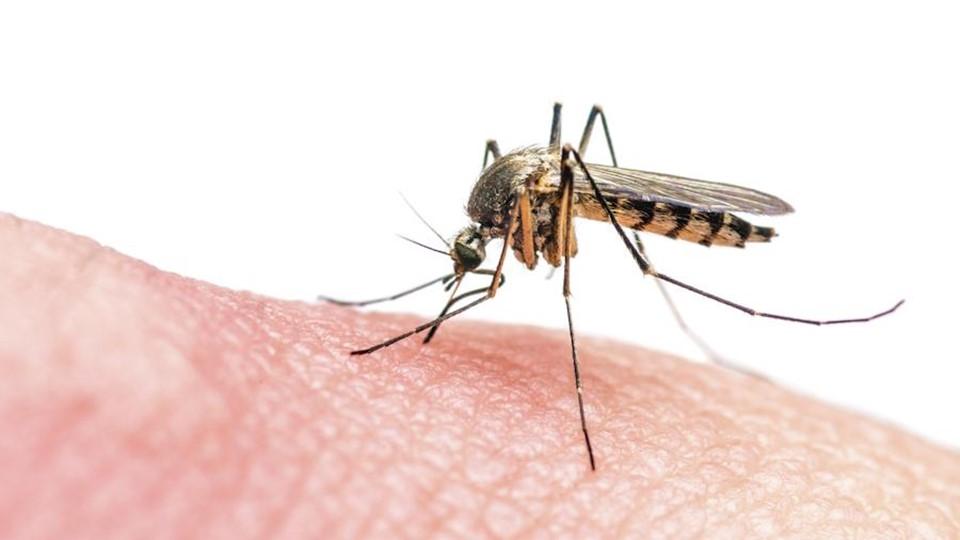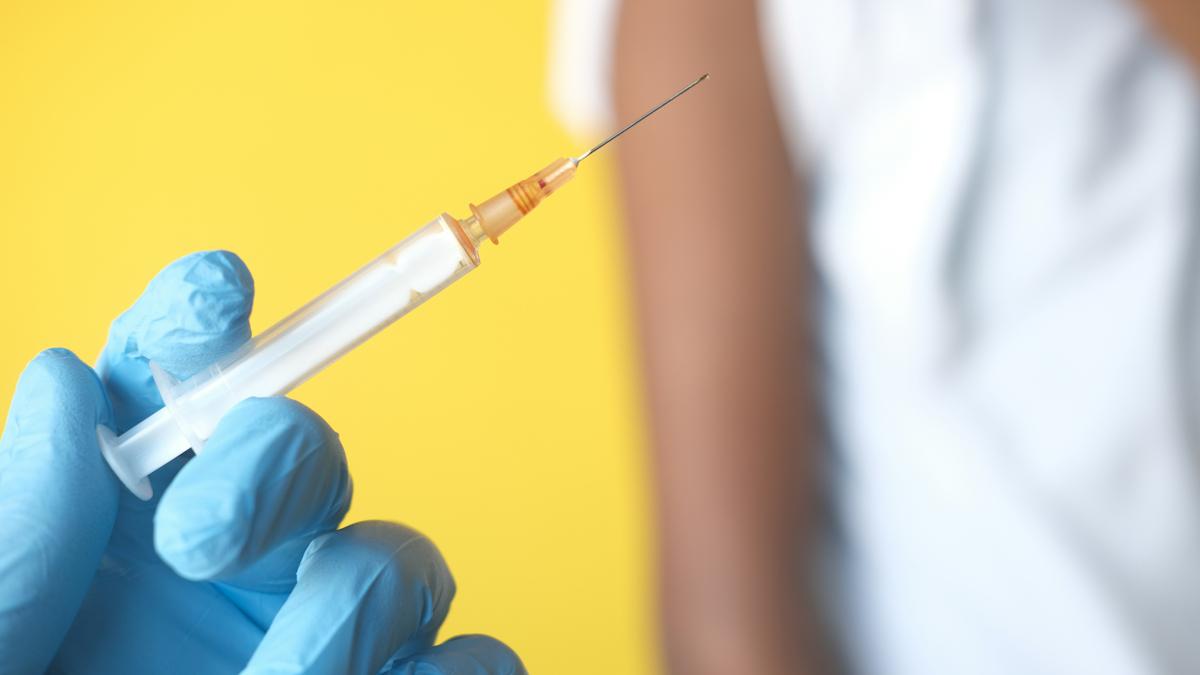Takeda pulls its dengue vaccine filing from FDA

Takeda has unexpectedly withdrawn its marketing application with the FDA for dengue fever vaccine TAK-003 and said it will reconsider whether it will attempt to bring it to market in the US.
The decision comes after the vaccine has already been approved in several markets, including the EU, GB, Brazil, Argentina, Indonesia, and Thailand, for the prevention of dengue disease caused by any dengue virus serotype.
Dengue is a mosquito-borne virus endemic in more than 125 countries, including the US territories of Puerto Rico, the US Virgin Islands, and American Samoa, and is a leading cause of fever among travellers to Latin America, the Caribbean, and Southeast Asia.
There is one dengue vaccine approved by the FDA – GSK’s Dengvaxia – but its use is restricted to young people aged six to 16 in areas where dengue is endemic and who have previously been infected with the virus.
That disqualifies it from being used as a travel vaccine, and almost all (96%) of dengue cases in the US are seen in travellers to areas where the disease is endemic. There were around 900 cases of the disease in US citizens last year.
Takeda said in a statement that the decision to withdraw the FDA filing followed discussions "on aspects of data collection, which cannot be addressed within the current [biologics license application] review cycle."
With no chance of approval this time around, it seems Takeda is debating the future of the vaccine in the US. Gary Dubin, president of its vaccines unit, said: "We will continue to progress regulatory reviews and provide access for people living in and travelling to dengue-endemic areas while we work to determine next steps in the US."
The World Health Organization (WHO) has estimated that the mosquito-borne disease infects around 390 million people each year and results in 20,000 deaths.
In the pivotal TIDES trial, TAK-003 was shown to prevent around 80% of symptomatic dengue cases at 12 months, and more than 90% of hospitalisations at 18 months. Follow-up data showed that through a 4.5-year follow-up period, TAK-003 prevented 84% of hospitalisations and 61% of symptomatic cases.
Takeda pointed out, in its statement on the withdrawal, that TIDES was designed in line with WHO guidance for a second-generation dengue vaccine.
The decision comes amid a massive outbreak of dengue fever in Latin America this year, affecting hundreds of thousands of people across several countries including Argentina, Brazil, Bolivia, Colombia, and Peru.
The disease causes a range of symptoms, including high fever, headaches, joint and muscle pain, and rashes, and in severe cases can result in organ damage and death.













